At a local farmers market for a Second Chance adoption event, someone pointed to a dog and asked, “How much are you selling that dog for?” When we hear this type of question about one of our beloved dogs or cats, we must admit it is a bit offensive. If they could speak they would say, “I am not a thing that is for sale.”
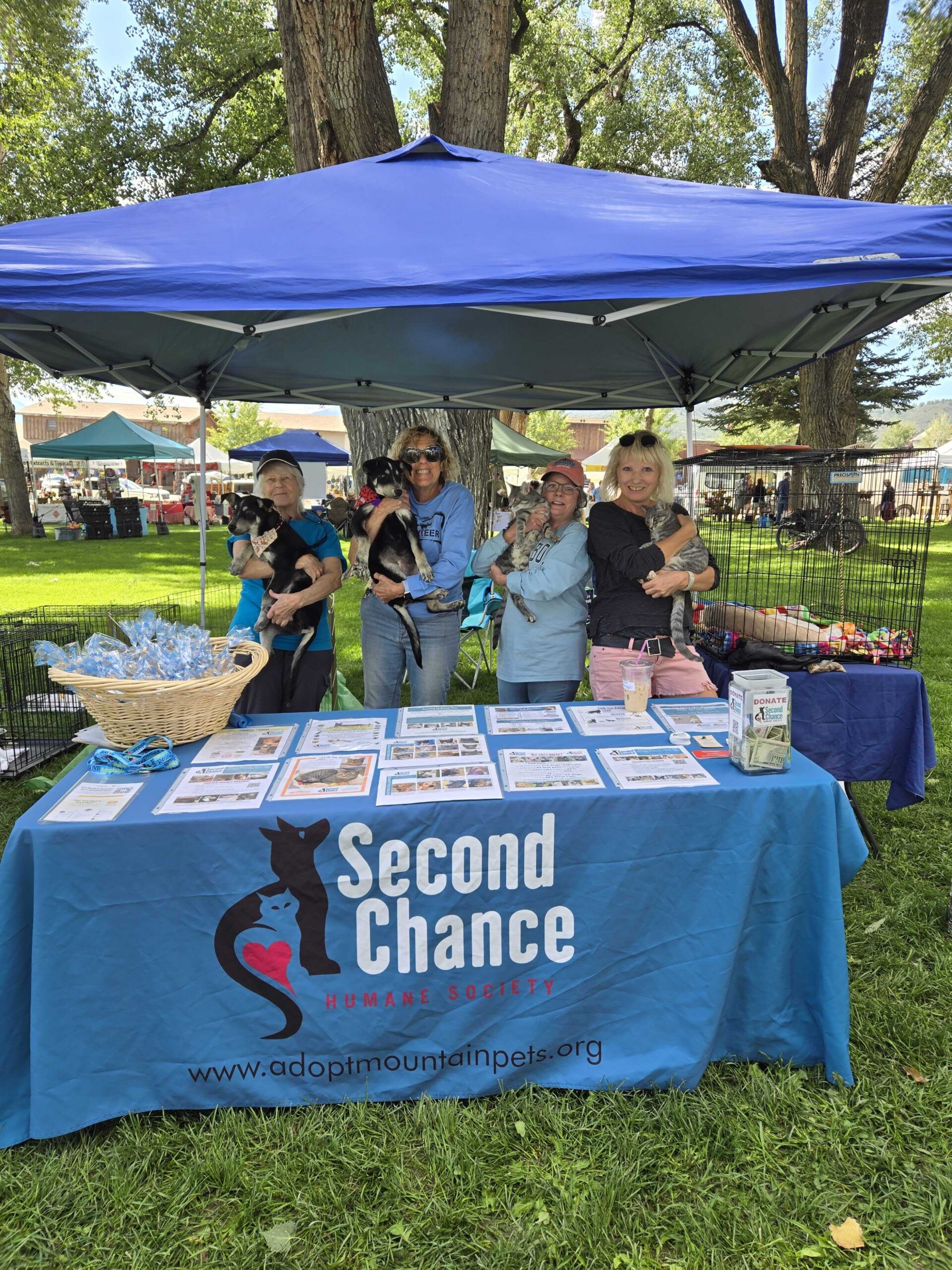
Now the inquiring person likely did not mean to offend. We understand it’s a question of semantics (adopting vs buying). We still believe there is room for improvement in how we speak about our pets and potential pets. We try not to use the word “owner”, encouraging the use of family terminology. We believe that until people start relating to pets as “part of the family” there will always be a need for an animal shelter and millions of pets will be homeless.
If pets are treated as part of the family, we believe they will be responsibly cared for like any family member. This includes vaccinations, proper identification, spaying/neutering, socialized, and protected from neglect, abuse, and abandonment. Words are not just words. They can hold the power to hurt, lift up, and create positive social change.
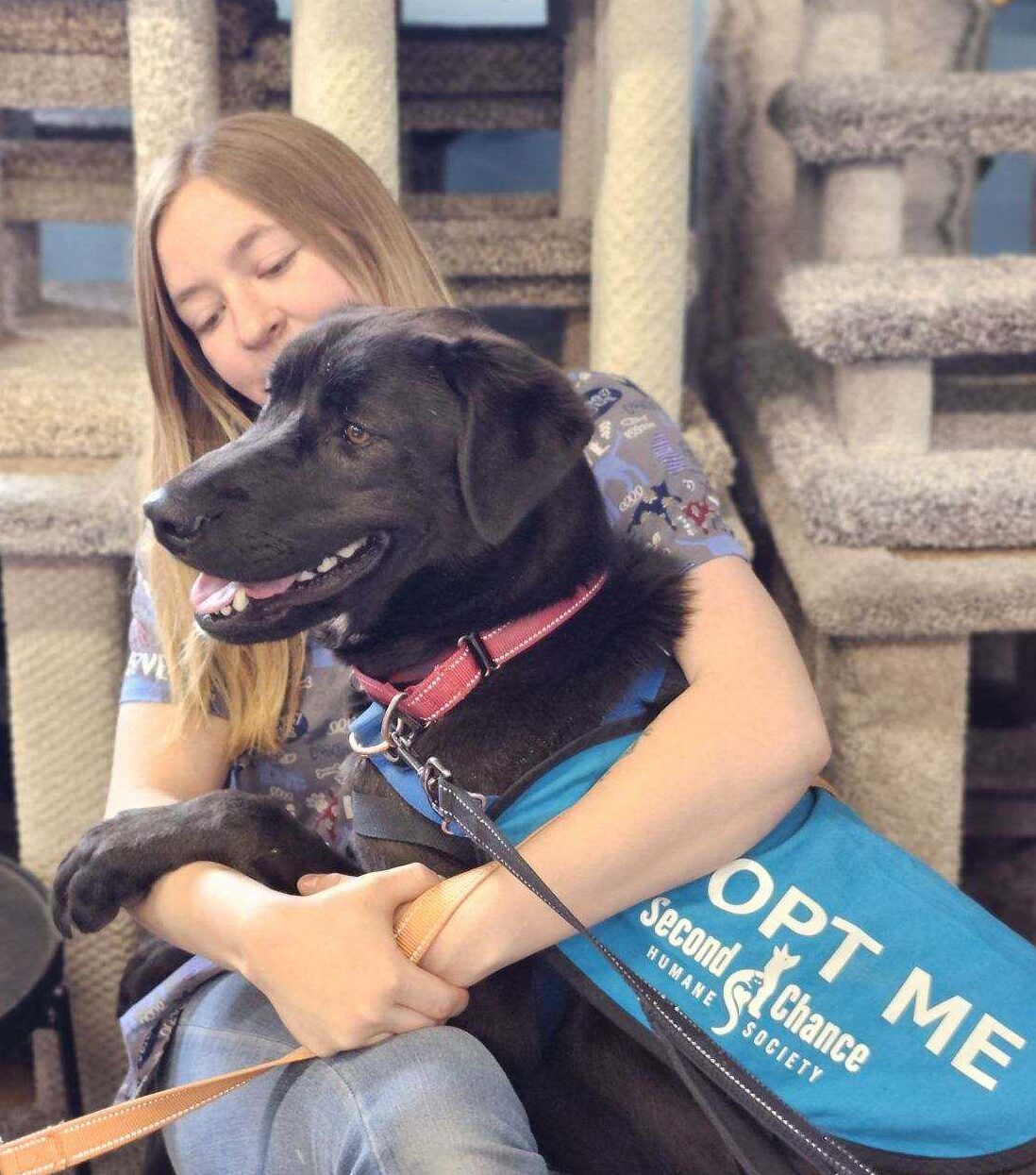
We are all more aware of accurate pronouns and respectful labels for gender, race, and identity. This is something we experience in everyday life. It’s rare these days to hear women called “chicks” or “broads”- because we know those words are hurtful and disrespectful. Language is important, and action follows language. In changing terminology, we can begin to think of animals differently and more respectfully. It’s important because it’s a major step in ending animal pain and suffering.
The power of language has helped to drive the animal humane movement forward and changed the way people relate to animals. Consider changes from the term “dogcatcher” to that of “animal care officer”, from referring to pets as “homeless” rather than “unwanted” and for those that have pets in their lives as “pet parents or guardians” rather than “pet owners”. We are changing the use of “feral cats” to a more accurate “community cats”. There is also some who believe the word “pet” should be replaced with “companion animal” to emphasize the role.
Even common words such as “humane” and “adopt” were once used only as human references and when speaking about animals. This shift has led to the creation of the animal welfare and rescue field and the development of laws that protect animals from abuse. Perhaps if we keep moving forward, someday the word euthanize will no longer exist in our language.
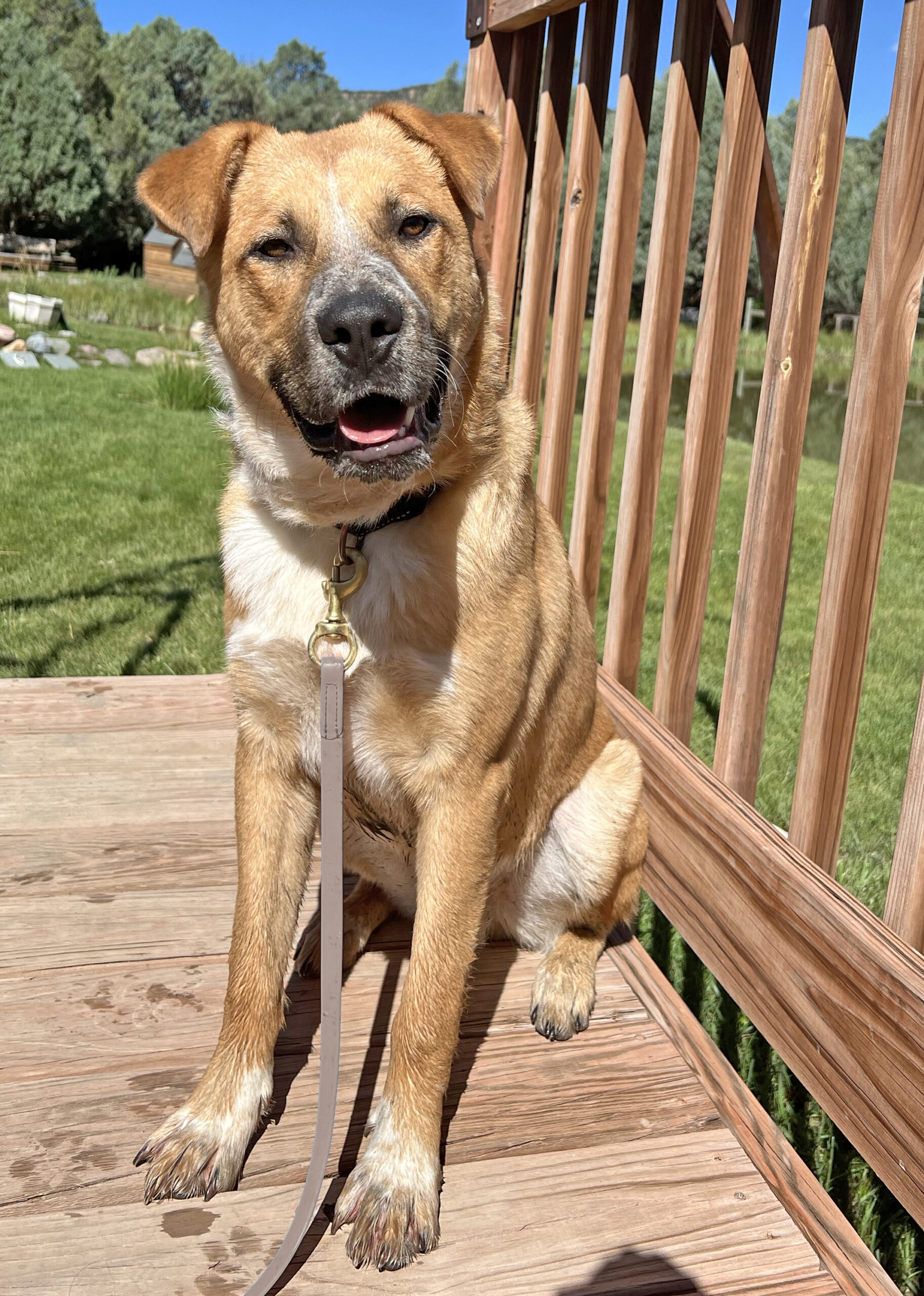 Cash is a young mixed-breed dog who is everything you’d want in a new family member. He’s loving, well-behaved, willing to learn, and gets along with everyone. Please consider adding Cash to your home.
Cash is a young mixed-breed dog who is everything you’d want in a new family member. He’s loving, well-behaved, willing to learn, and gets along with everyone. Please consider adding Cash to your home.
For thirty years, the Animal Resource Center and Shops of Second Chance Humane Society have been serving Ouray, San Miguel, and Montrose Counties. Our adoption hours are from Wednesday to Sunday, 11 a.m. to 5:30 p.m. You can view our shelter pets and services online at www.secondchancehumane.org. Connecting Pets, People, and Community While Saving Lives.

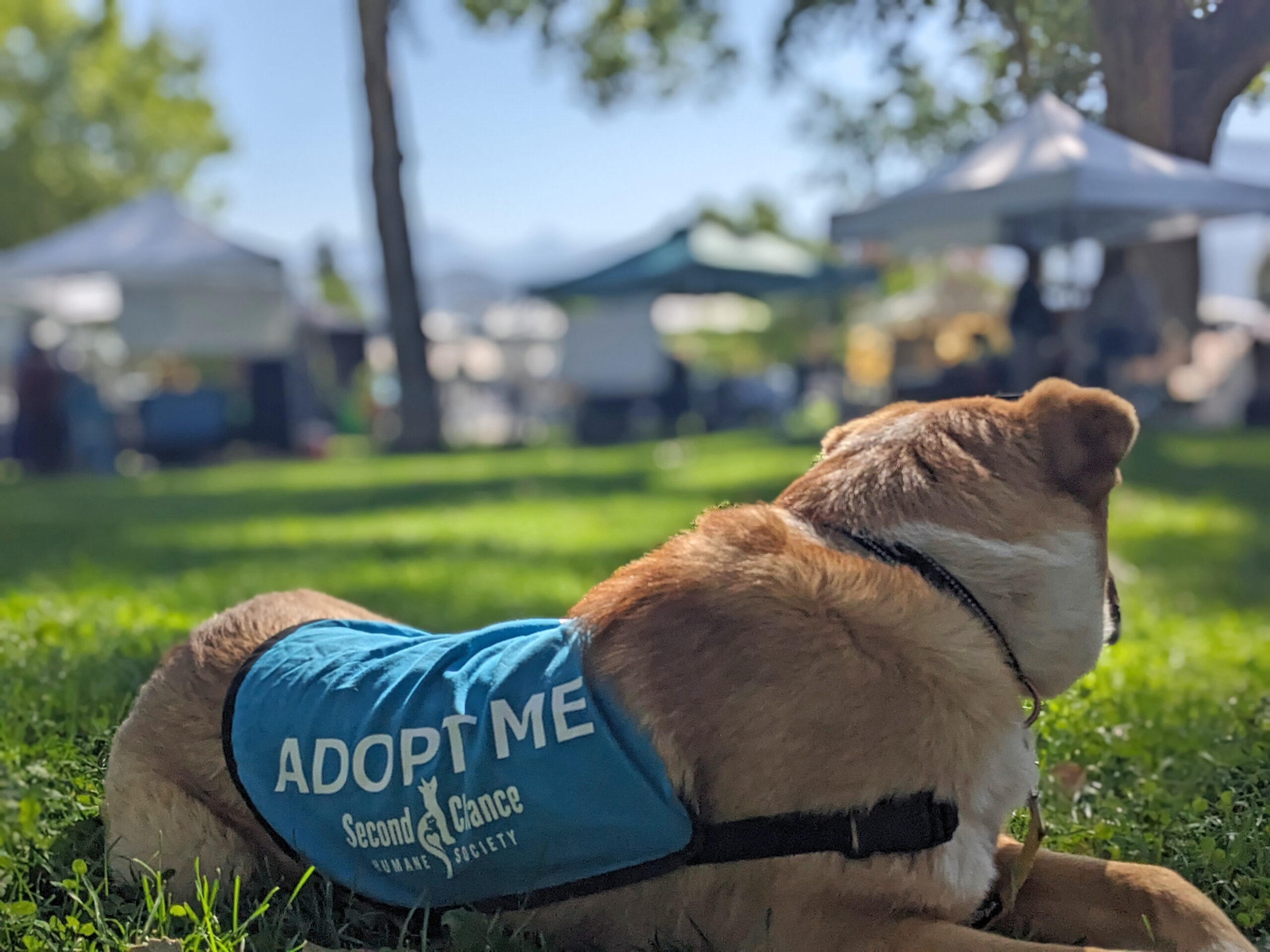
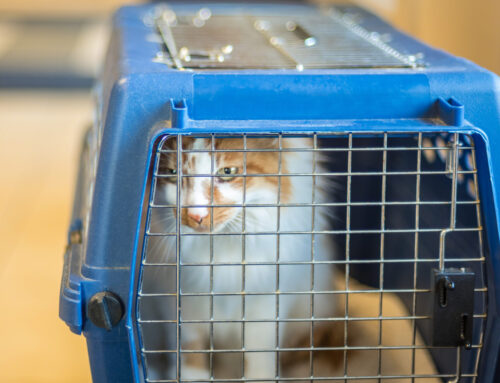
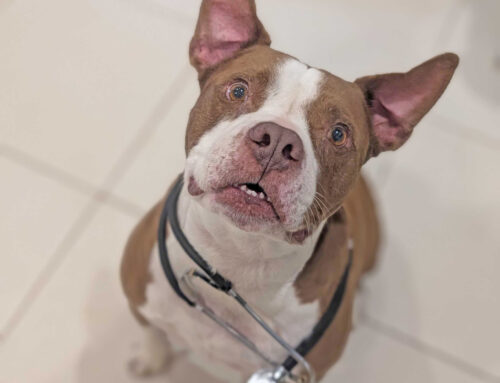
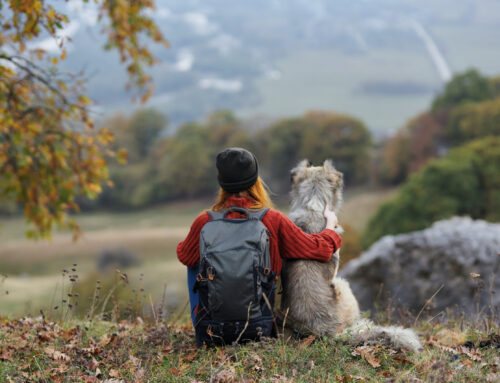
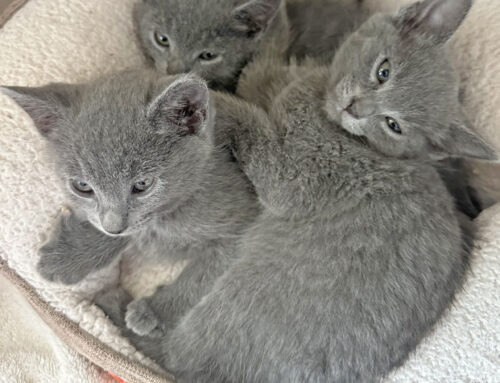
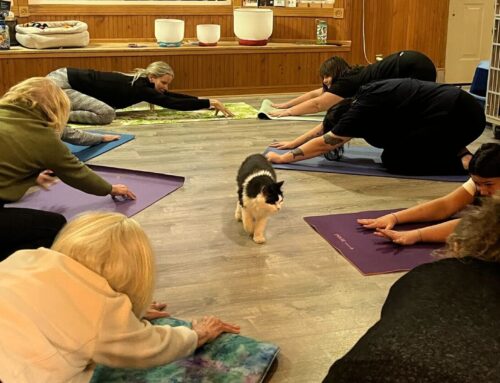
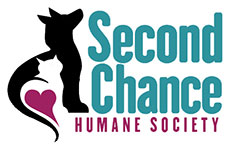
Leave A Comment